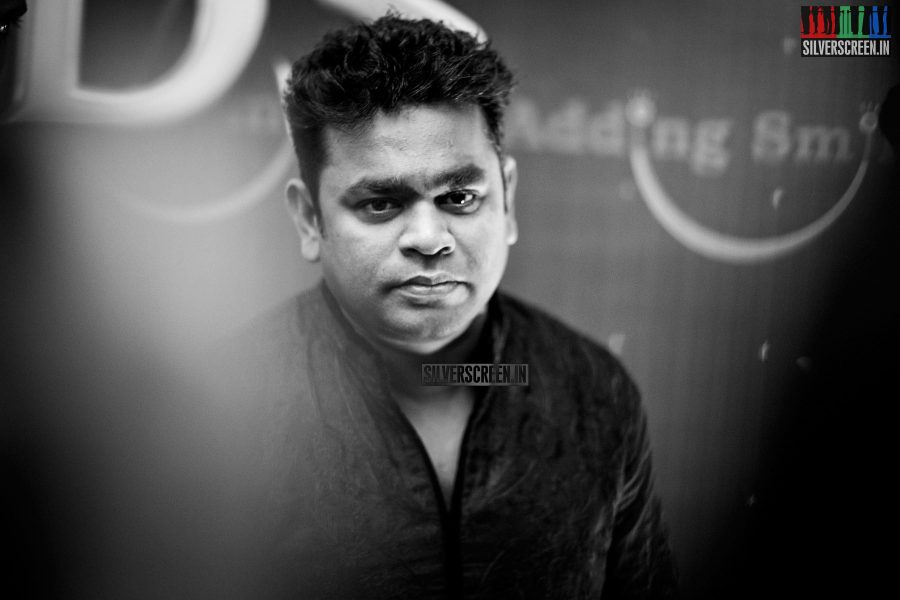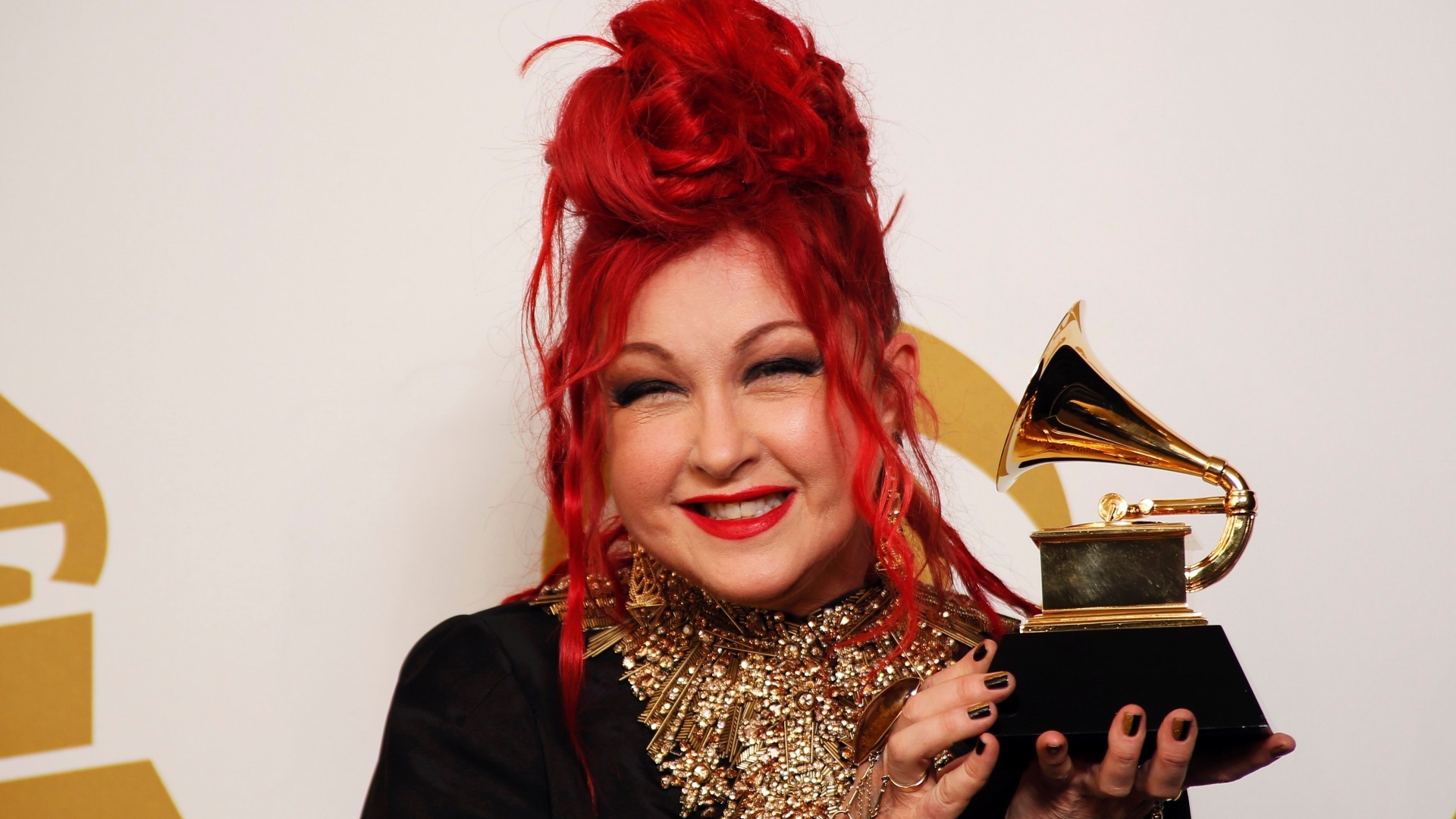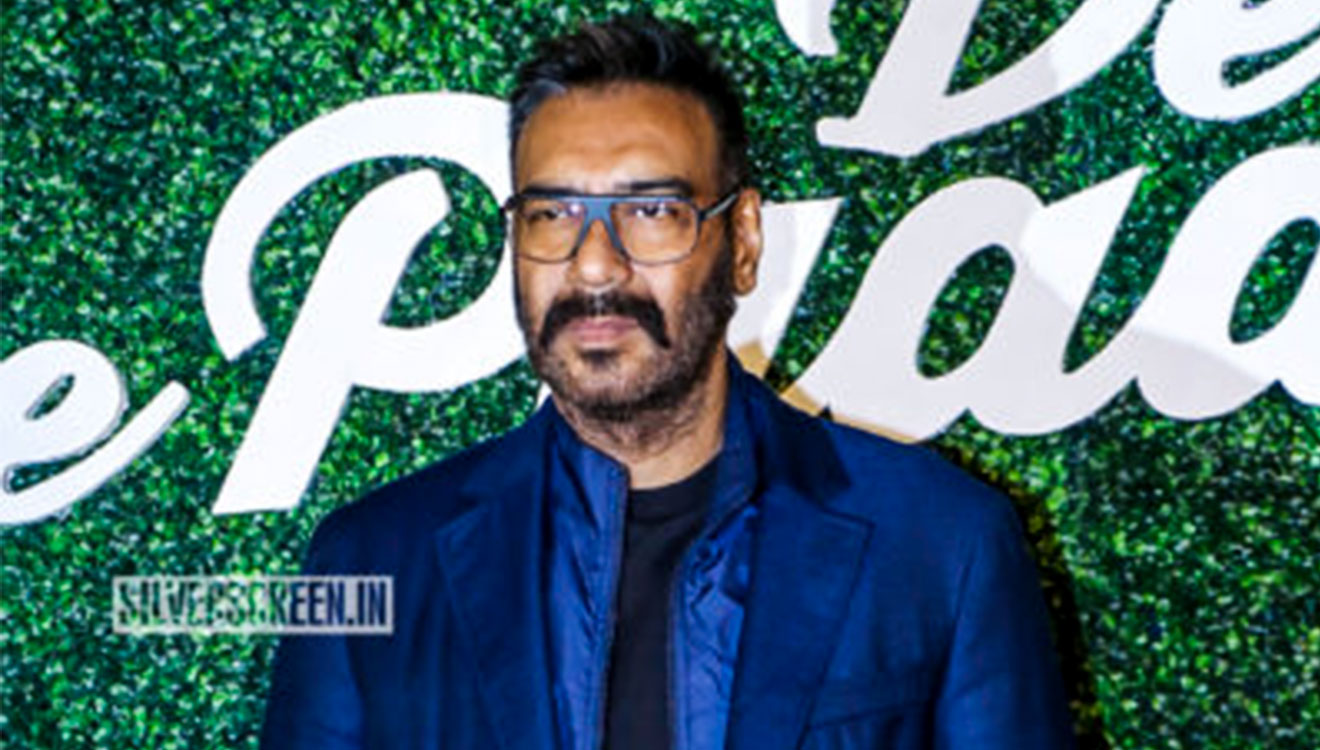Music composer AR Rahman was asked for his comments on the killing of journalist Gauri Lankesh. Three things happened in quick succession, and they are a window to our times:
#1. Speaking in the moment and from the heart, without pause to consider consequences, Rahman said: “I am so sad about this. These kind( s) of things don’t happen in India. This is not my India. I want India to be progressive and kind.”
#2. That unobjectionable statement, in which Rahman accused no individual, no party, no political grouping, drew a storm of protest from the right wing. Pause a moment to ask yourself this: Why, when no one was blamed, did those on the right try the cap on for size, and feel the need to go after the composer with hate-ridden vitriol?
#3. A day later, Rahman backtracked. He did not know, he reportedly said, that his words would create a storm on social media. He paid a tribute to the government of the day. And when he was asked specifically if artists should engage with politics, Rahman said:
“We all should just shut up and keep quiet.”
Mission accomplished. Because this is the purpose of the industrialized, weaponized abuse that is prevalent today: to force those with a feeling heart, a thinking mind, and a resonant voice to shut up; to shut down any narrative, however small (Rahman’s comment spanned 27 words in course of a movie promo). Totalitarianism has an Achilles Heel it is painfully aware of — it knows that if someone speaks, someone else might listen, and think. And independent thought is the real enemy, to be fought with every possible weapon, subdued by every possible means.
I wish Rahman did not feel that his role as an artist is to “shut up and keep quiet”, that the goal in life, as he says at the conclusion of a rambling quote, is to “attain peace through their art forms.”
He makes art, we consume it. Neither exists without the other, much as the artist would like to say that he makes art for its own sake and is not bothered by whether or not it reaches an audience. A society where speech is stilled and dissent is silenced, where books are banned and its authors are eliminated, where paintings are vandalized and artists hounded, is not one where conditions conduce to the appreciation of high art.
It follows therefore that for art to flourish, society must be at peace. And if it is roiled, if the times are turbulent, then it is the joint responsibility of the artist and his audience to demand that peace is restored. You can – and this applies to audience and artist alike – “shut up and keep quiet”, but your silence will not make society better. Rather, that acquiescence will exacerbate intolerance and hasten the descent to total, complete authoritarianism. And the peace you seek in your art will prove elusive, because that art will exist in a void.
At this moment of writing, my mind is too turbulent, my heart too roiled, for my words to cohere, to make sense. But never mind — the case for the artist to speak up, to stand for right and to oppose the wrong, was made with stunning eloquence by John F Kennedy at a speech (annotated draft) in Amherst College in honor of the poet Robert Frost. The backstory is here; below, the relevant part of the text copy-pasted in part from BrainPickings. Read it slowly, because it is tight-packed with meaning:
This day – a day devoted to the memory of Robert Frost – offers an opportunity for reflection – an opportunity to be prized, I might add, by politicians no less than by poets. For Robert Frost was one of the greatest figures of our time in America. He was supremely two things: an artist and an American. As we reflect on his life and work, we must inevitably reflect on the abiding values of our American civilization.
A nation reveals itself, not only by the men it produces, but by the men it honors. In America, our heroes have customarily run to men of large and dramatic accomplishment. But today this College and this country honor a man whose contribution was not to our size but to our spirit – not to our ideology but to our insight – not to our self-esteem but to our self-comprehension. In honouring Robert Frost, we pay homage to the deepest sources of our national strength.
A D V E R T I S E M E N TStrength takes many forms, and the most obvious forms are not always the most significant. The men who create power make an indispensable contribution to the Nation’s greatness, but the men who question power make a contribution just as indispensable, especially when that questioning is disinterested, for they determine whether we use power or power uses us. Our national strength matters – but the spirit which informs and controls our strength matters just as much. This was the special significance of Robert Frost. He brought an unsparing instinct for reality to bear on the platitudes and pieties of society. His sense of the human tragedy fortified him against self-deception and cheap consolation. [….]
It is hardly an accident that Frost coupled poetry and power, for he saw poetry as the means of saving power from itself. When power leads men towards arrogance, poetry reminds him of his limitations. When power narrows the areas of man’s concern, poetry reminds him of the richness and diversity of his existence. When power corrupts, poetry cleanses. For art establishes the basic human truth which must serve as the touchstone of our judgment.
The artist, however faithful to his personal vision of reality, becomes the last champion of the individual mind and sensibility against an intrusive society and an officious state… In pursuing his perceptions of reality, he must often sail against the currents of his time. This is not a popular role…
If sometimes our great artists have been the most critical of our society, it is because their sensitivity and their concern for justice, which must motivate any true artist, makes him aware that our Nation falls short of its highest potential. I see little of more importance to the future of our country and our civilization than full recognition of the place of the artist.
Recommended
If art is to nourish the roots of our culture, society must set the artist free to follow his vision wherever it takes him. We must never forget that art is not a form of propaganda; it is a form of truth… In free society art is not a weapon and it does not belong to the spheres of polemic and ideology. Artists are not engineers of the soul. It may be different elsewhere. But democratic society — in it, the highest duty of the writer, the composer, the artist is to remain true to himself and to let the chips fall where they may. In serving his vision of the truth, the artist best serves his nation. And the nation which disdains the mission of art invites the fate of Robert Frost’s hired man, the fate of having “nothing to look backward to with pride, and nothing to look forward to with hope.”
I wish Rahman could hear this speech (Soundcloud audio). I wish all our artists, our public figures, could take 15 minutes out of their lives to listen to a man who in his time has spoken of the rights and duties of citizens (“Ask not what your country can do for you…”); of the need to abolish war before it abolishes us; on the need to enshrine civil rights in the Constitution; of the need to resist authoritarianism wherever in the world it may be found. And I wish they would rewind, and listen to this bit over and over again:
The artist, however faithful to his personal vision of reality, becomes the last champion of the individual mind and sensibility against an intrusive society and an officious state… In pursuing his perceptions of reality, he must often sail against the currents of his time. This is not a popular role…
I wish they would listen. And I wish that in listening, they could find their own voice. We have in the past, under various regimes and for various reasons, “shut up and kept quiet”. And we have paid for it. If we continue to consent through our silence, we will pay for it again — dearly.
In passing, this: Kennedy spoke to the artist’s role in society on October 26, 1963. It was his last major speech; 30 days later, on November 22, 1963, he was shot dead by the very forces he called on art to oppose.
This story orginally appeared at The fault, dear Brutus… Reproduced with permission from the author.



